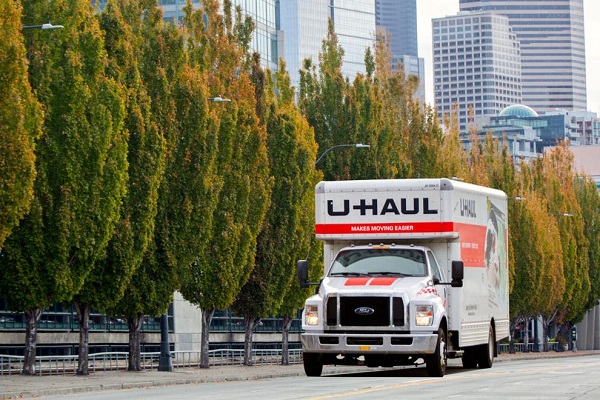From The Center Square
By Casey Harper
A coalition of industry groups have filed a lawsuit challenging a Biden administration rule.
A dozen groups joined together to sue the Environmental Protection Agency for the Biden administration’s new rule, finalized earlier this year, which requires model 2027 trucks to meet strict emissions standards that critics say are meant to push out diesel and gas vehicles and to replace them with electric vehicles.
The EPA’s “Greenhouse Gas Emissions Standards for Heavy-Duty Vehicles – Phase 3” is the rule in question.
“The new standards will be applicable to HD vocational vehicles (such as delivery trucks, refuse haulers, public utility trucks, transit, shuttle, school buses, etc.) and tractors (such as day cabs and sleeper cabs on tractor-trailer trucks),” EPA said.
Critics argue the rules are so strict that the only option will be to go electric, part of a nationwide effort by the Biden administration to push Americans into electric vehicles. However, currently the electric grid could not handle a wholesale transition of to electric vehicles, posing a major infrastructure problem.
Notably, as The Center Square previously reported, a coalition of 19 states filed a complaint with the Federal Energy Regulatory Commission (FERC) Tuesday to challenge a recent federal rule giving the federal government broad power over the electric grid.
“FERC has never been granted the authority to revamp the structure of state energy grids or force states and their ratepayers to subsidize large-scale transmission lines that don’t transport enough energy to justify the cost,” the states argue. “This encroachment upon state authority far exceeds FERC’s limited purview and damages the ability of states to regulate their electric grids efficiently, all in the name of advancing costly climate goals.”
The American Fuel & Petrochemical Manufacturers is one of the groups that joined to protest the Biden EPA rule. They argue the EPA overstepped its authority and that it will spike costs for Americans.
“The Heavy Duty Vehicle (HDV) regulation finalized this spring aims to phase out trucks that run on American-made, American-grown diesel, biodiesel, renewable diesel and renewable natural gas,” Rich Moskowitz, AFPM General Counsel, said in a statement. “Americans will pay dearly because of it.”
Moskowitz said the federal government cannot enact such a drastic change without explicit direction from Congress.
“This policy will increase costs for consumers, dramatically strain the U.S. electric grid, contribute to more traffic and congestion on roads, undermine our energy independence, and impact every sector of the U.S. economy,” he said.












